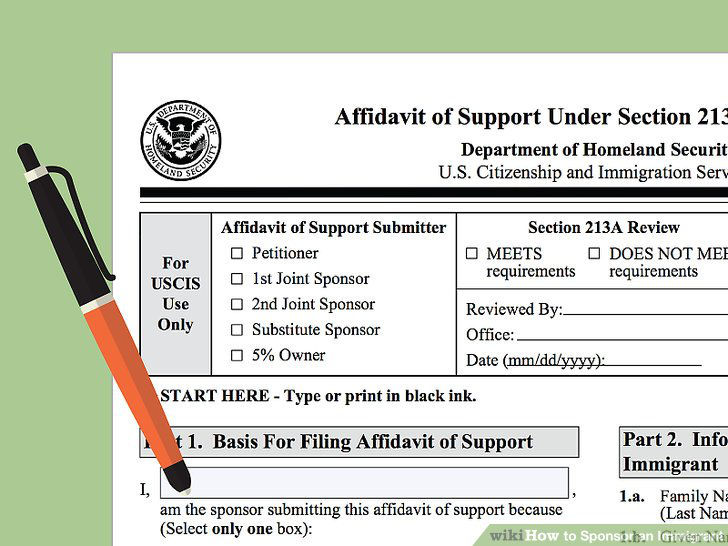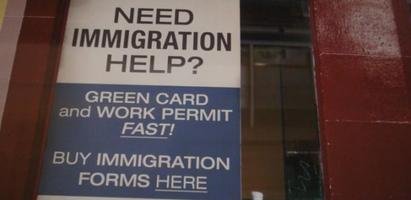New Public Charge rules are in effect since February 24, 2020.
New federal poverty guidelines are in effect since March 1, 2020. https://www.uscis.gov/i-864p
Public charge does not apply to all immigrants. Every family is different, and the programs that help your
family might not be part of new changes to the policy.
WHAT IS CONSIDERED PUBLIC CHARGE:
- Supplemental Nutrition Assistance Program (SNAP, “EBT” or “Food Stamps”)
- Federal Public Housing and Section 8 assistance
- Medicaid (except for emergency services, children under 21 years, pregnant
women, and new mothers)
- Cash assistance programs (like SSI, TANF, General Assistance)
Most people who are subject to the new rule are not eligible for the above listed benefits.
Services that are not listed above will not be counted in the public charge test. This includes
WIC, CHIP, school lunches, food banks, shelters, state or local health care programs, and
many more.
The immigration officer will consider the immigrant's:
- health
- age
- education and skills
- family support and sponsor
- use of some kinds of public benefits
Who is Affected by the Public Charge Rule
The Public Charge rule mostly affects people who are:
- applying for a Green card (Permanent Residence) with a family-based petition.
- Permanent Residents who traveled outside the U.S. for more than six months.
New Public Charge Rule doesn't apply to:
- U.S. citizens
- Permanent Residents (Green card holders) applying for citizenship or card renewals
- Refugees: people applying for refugee status, or for a Green card as a refugee
- Asylum: people applying for asylum, or for a Green card as an Asylee
- TPS: people applying for initial or re-registration of Temporary Protected Status
- DACA: people applying to renew Deferred Action for Childhood Arrivals
- SIJS: people applying for Special Immigrant Juvenile Status or applying for a Green card thru SIJS
- U Visa: people applying for a U visa or U visa holders applying for a Green card
- T Visa: people applying for a T visa; and T visa holders applying for a Green card
- VAWA: people applying for Violence Against Women Act (VAWA), and people with VAWA who are applying for a Green card
- People applying for withholding of removal or Convention Against Torture benefits
- Cubans applying under the Cuban Adjustment Act
- Amerasians who are applying for admission
- SIV: Afghan and Iraqi interpreters and translators who are applying for special immigrant visas
- Registry: People applying for registry (lived in the U.S. since before January 1, 1972)
- NACARA: People applying for Nicaraguan Adjustment and Central American Relief Act benefits
- HRIFA: People applying for Haitian Relief and Immigrant Fairness Act (HRIFA) benefits
- Lautenberg parolees
- Certain other "humanitarian" immigrants
You can find many great resources below:
- Supreme Court opinion issued February 21, 2020 is here.
- DS-5540, DOS Public Charge Questionnaire is here.
- Updated DOS Foreign Affairs Manual section on public charge is here.
- USCIS revised forms and updated policy guidance is here.
- USCIS policy alert is here.
- USCIS announcement is here.
- Immigrant Legal Resource Center, Public Charge Toolkit, including a “Totality of the Circumstances Worksheet” with ideas for positive evidence, is here.
- National Immigration Law Center, Protecting Immigrant Families page is here; summary of developments is here.
- Additional resources are here.












 RSS Feed
RSS Feed